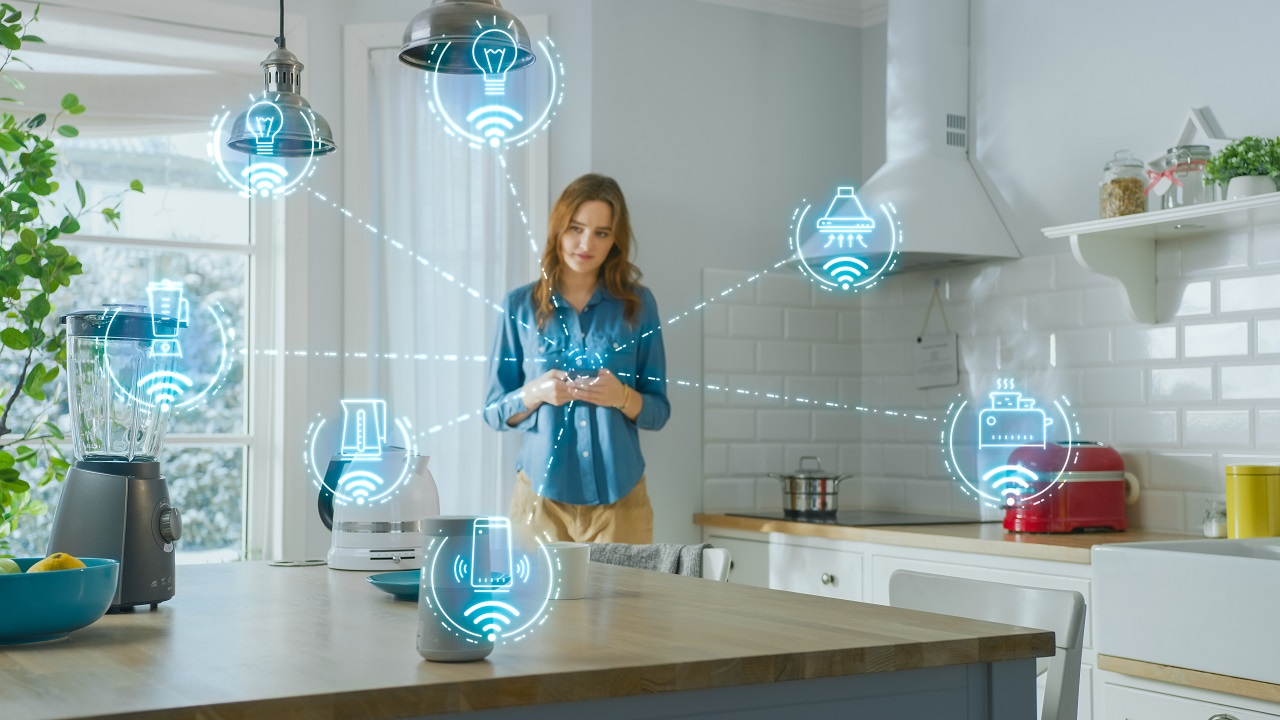Cybersecurity in the Age of IoT: Protecting Our Interconnected World
May 7, 2025The Internet of Things (IoT) provides internet connectivity for an incredible variety of devices, from cell phones, computers, smart homes, and classrooms to industrial machines, autonomous vehicles, and more. By connecting and sharing data over the internet, IoT offers more than just convenience—it provides information at lightning speed, vastly expanding knowledge-sharing, process automation, remote monitoring, and real-time data analysis. But this quick access and efficiency comes with risks. With more than 24 billion IoT devices active today, hackers can use this technology against users to launch devastating cyberattacks.
The Inherent Cybersecurity Risks of IoT
Some types of IoT devices are less likely to have strong security features, making them easy targets for cybercriminals. Hackers can take advantage of weaknesses like easy-to-crack passwords, outdated software, or no built-in security protections to steal data, spy on users, or cause disruptions.
The rise of botnets, where a single hacker or group can take control of thousands—or even millions—of devices, is just one way that malicious actors are launching large-scale cyberattacks. One of the most infamous of these is the Mirai botnet, which exploits weak default passwords to install malware in IP routers, cameras, and DVRs, remotely controlling them to act as “bots” for further attacks. In 2016, compromised devices were used to launch a massive Distributed Denial-of-Service (DDoS) attack, which overwhelmed websites and online services and caused widespread internet outages affecting platforms like Netflix and Reddit. In late 2024, Cloudflare reported mitigating a record-breaking DDoS attack that targeted an East Asia-based telecommunications firm, with the attack peaking at a record 5.6 terabits per second and lasting 80 seconds. In early 2025, a large-scale DDoS attack caused intermittent outages to the social network X.
IoT devices in smart homes, fitness trackers, and industrial sensors also collect vast amounts of personal and business data. Without strong security, this information can be stolen or misused. IoT devices embedded in power grids, hospitals, and transportation also open these crucial systems to real-world harm, including critical infrastructure outages or medical equipment failures.
Strategies to Strengthen IoT Security
To reduce these risks, individuals and businesses must take proactive steps. Changing default passwords and using multi-factor authentication (MFA) can strengthen security and prevent unauthorized access. Keeping firmware and software updated is essential for fixing security holes and preventing exploits. Keeping IoT devices on a separate network from critical systems can also limit exposure in case of an attack, and encrypting communication between IoT devices can help prevent unauthorized access to sensitive data.
Cybersecurity experts play a key role in developing and using new tools to combat these challenges. Artificial intelligence can help identify unusual activity in real time, allowing faster responses to cyber threats. The Zero Trust Architecture approach requires every device to be verified before accessing a network, reducing the chances of unauthorized access. Blockchain technology can create secure, tamper-proof records of device activity, making it harder for hackers to manipulate data. As IoT expands, the need for cybersecurity professionals grows, with ethical hackers, security analysts, and IoT risk managers playing a crucial role in protecting these networks.
Education in IoT Security
IoT is here to stay, and its security challenges will only increase as the network of connected devices expands. Cyber professionals must stay up to date with technological advancements, and how they work for, and against, sensitive IoT systems.
Capitol Technology University’s award-winning programs in cyber and Information security can prepare you to create this safer and more secure digital world. With resources such as our Cyber Lab and Critical Infrastructure Center (CIC), as well as our expert faculty and partnerships with leading cyber agencies, Capitol Tech empowers graduates to succeed in this diverse and expanding field.
To discover our academic programs, contact our Admissions team or request more information.
Edited by Erica Decker



